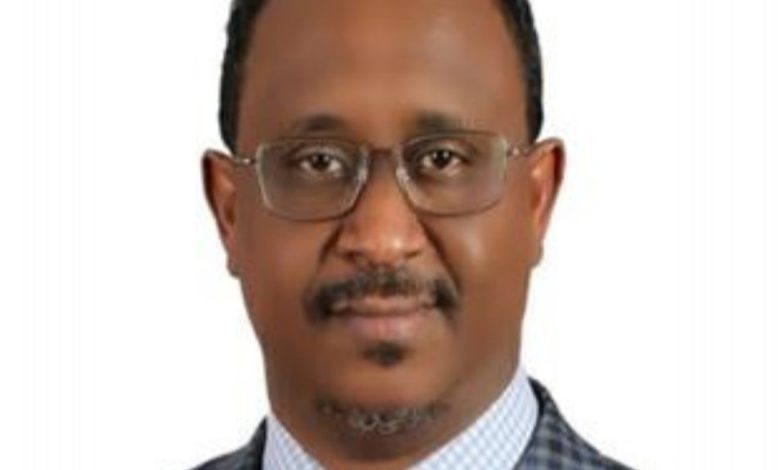Between challenges to stop war Militarily and opportunities to stop it Politically

Half an opinion
Abu Bakr Mohamed Ahmad Ibrahim
I do not think that those following the events disagree on describing the rhythm of this war, at its current pace, as increasing people’s suffering on the one hand and complicating military and political solutions on the other hand.
The details of this are that with every passing hour there is death, growing poverty, patients without treatment, displacement, fleeing from places of displacement, and the threat of famine and food gaps in a country that has land that is among the most fertile lands suitable for agriculture in the world.
The reason for all of this is the killing machine that the thugs possess with systematic and organized external supply that the SAF cannot match, and because of the political inability – basically – to contain the state of security and military congestion, and the absence of national sentiment, which in turn led to this malicious rebellion.
The facts indicate, according to a technical opinion, that the option of a decisive military confrontation requires the SAF to follow the enemy’s method and approach of surprise, rapid attack and agility in movement, but this requires supplying the SAF with heavy fire, rapid means of movement, abundant ammunition, and experience that supports the soldiers in planning, monitoring and supervision.
These requirements, although not yet available to the military field leadership, impose national responsibility on civilians, as an obligation, to pressure the media, politics and diplomacy in favor of strengthening the relations of the military institution with external parties so that they provide it with this type of military supply and that these external parties, in coordination with the SAF , exercise their influence in international forums to prevent efforts to besiege it with decisions that limit its capabilities to arm under the pretext that it is a war of two generals or the like.
It is, of course, naive for people to imagine that some of this external support is available without understandings about common interests between the army and the external party/parties.
If this is true, then Sudan’s immediate interest lies in ending this war for the sake of the state’s survival and recovery.
However, this urgent need must be within the framework of a strategic vision, a vision that requires the army to open up to a select elite – according to purely national standards – of people of opinion, advice and experience, to help it develop that vision; in this there is building trust between the SAF and civilians, as well as a great deal of protecting national interests (in the absence of Parliament) that the military may miss due to the pressures of the facts of war. In parallel with this step, and to enhance efforts to stop the war and spread the spirit of tolerance and peace, civilians are expected to stop aligning themselves based on fear of political opponents, as this is an alignment based on hatred and the desire to thwart the plans of the political opponent.
They must, in return, embark on a courageous national dialogue to create a different kind of alignment around urgent, priority national issues.
There is no more urgent issue than the need to stop this war and address its humanitarian, social and security repercussions. Stopping the war through politics is more important than insisting on resolving it militarily with a wrong methodology that will most likely not necessarily yield sustainable solutions.
I claim that there is an urgent need for a comprehensive Sudanese-Sudanese dialogue, which is being emphasized by a series of initiatives and discussions currently taking place in more than one capital in the region and around the world, between groups of Sudanese.
However, the fruit of such a hoped-for dialogue, which these discussions seek, will not see the light if the solution to the crisis is left to those who practice politics, who profit from it.
While acknowledging that politics without parties is not possible, and that politics and parties without think tanks are a kind of madness whose bitter results we have reaped in this war, which is – in one form – an expression by sword and fire of reaching a state of failure to resolve our accumulated crises.
People of opinion, wise people of Sudan, unite and advance political action and stop analyzing the actions of the failures who have plunged the country into its worst crisis ever.
Go forward and do not be afraid to seize the opportunity, our country deserves better; and Allah is the Grantor of success.



